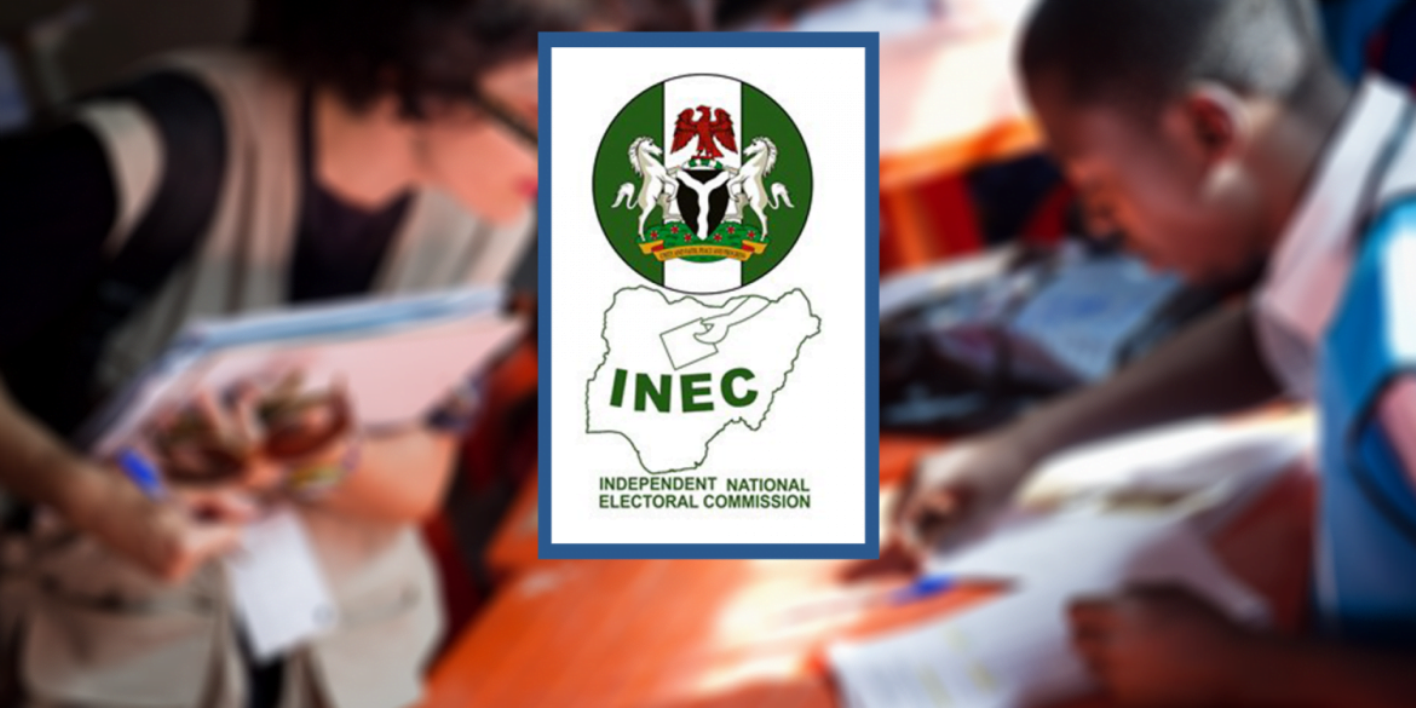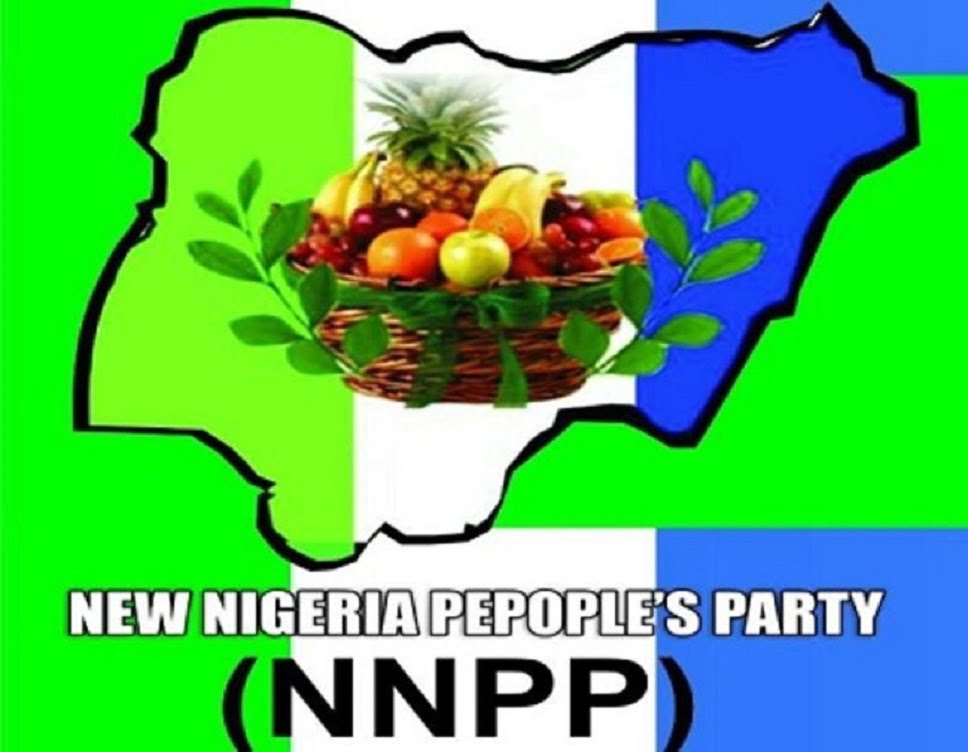The Diasporans for Good Governance (DGG) have questioned the integrity and efficiency of the systems the Independent National Electoral Commission (INEC) would use for the 2023 election.
The Automatic Biometric Identification System (ABIS) and Biometric Voter Accountability System (BVAS) were deployed for the Anambra, Ekiti and Osun governorship polls.
On Tuesday, the non-governmental organisation complained about the data released by INEC after the Continuous Voter Registration (CVR).
The exercise recorded a high number of de-validated voters in the South-East and South-South regions, a situation many fear would disenfranchise the people affected.
At a media briefing in Abuja, a member of the DDG, Christian Chima recalled that the CVR exercise restarted from 2021 to 2022.
He said the outcome shows that out of 2.78 million Nigerians invalidated by INEC, 49.3 percent are from the South-South and South-East.
Chima stated that while other regions had an average rejection rate of 17 percent, the South-East and South-South had a rate of 35.2 percent, almost twice the national average.
“INEC said it used ABIS system to do the invalidation based on the three criteria it listed on its website. DGG is saying with a compromised voter’s register, you cannot conduct a credible election.
“If INEC is advertising ABIS as the software used to process all those registration requests, then what the voter register is suggesting to us is that the software is not as efficient as advertised.
“That same software invalidated 1.78 million Nigerians, failed to track and eliminate the multiple incidents of underage voters as you can see from the voter register that is displayed,” he said.
Chima charged the electorate and the civil society to put pressure on INEC to subject the systems to a multi-stakeholder audit and integrity test.
The activist said if the INEC ABIS system rejected a lot of voters already, observers are suspecting BVAS would also fail to accredit a high number of voters during the general elections.
On Permanent Voter’s Cards (PVC), DDG disclosed that its agents reported alleged bias in the distribution in certain areas.
“For instance, in some local governments in Sokoto State, we got complaints that INEC is engaged in discriminatory practices, issuing PVCs to indigenes and withholding PVCs of non-indigenes in certain places,” he added.
Chima advised Nigerians to get their cards and fulfill their civic responsibility by voting for credible candidates on election days in February and March.






